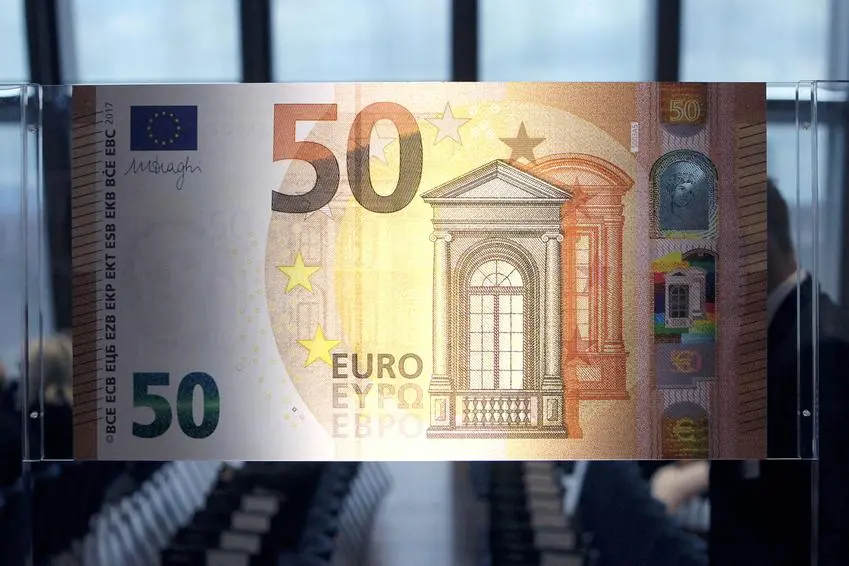PHOTO
The Spanish government is "optimistic" about clinching a budget agreement with other political parties as soon as possible while working on the redesign of economic measures, such as the current windfall tax on large energy companies, Economy Minister Carlos Cuerpo said on Tuesday.
The minority coalition government of Socialist Prime Minister Pedro Sanchez, which still needs to pass key legislation such as the budget, is dependent on unstable support from Catalan nationalist and other regional parties.
"We are working very hard to get an agreement as soon as we can ... I'm always optimistic on our capacity to build bridges," Cuerpo told Reuters in an interview in Brussels.
The minister added that the positive growth rate of 0.6% achieved in the final quarter of 2023 and some positive labour data should allow the government to meet its 2% economic growth forecast for 2024, and he expected the central bank to revise upwards its outlook for output in 2024.
At the end of 2023, a controversial so-called windfall tax on energy companies and banks, which brought in 2.9 billion euros ($3.2 billion) in 2023, was extended for one year and tweaked for energy firms to allow them to partially offset the 1.2% levy on revenue if they invested in renewable energy projects.
"This is part of the discussion now," Cuerpo said, adding that the levy on banks and energy companies had been an initial response to the energy crisis.
The next phase was focused on deciding if "they became not temporary, but permanent, how to recalibrate them or how to rephrase them" and would take place this year in parallel to the budget negotiations.
Regarding the state's 17.3% stake in Caixabank, Cuerpo said he saw room to increase the value of the state holding in Caixabank before further selling stakes in the lender, and did not rule out extending the deadline beyond 2025.
During the interview, the economy minister said that so far the Saudi Arabian telecoms company STC, which has acquired a 4.9% in Telefonica, had not requested permission to exercise voting rights over the remaining 5% it holds in financial instruments that give it so-called economic exposure to the company.
"We have to take care of our strategic interests ... we will analyse the operation if and when they come forward," Cuerpo said, asked about what conditions it could set for STC.
In December, the government said it would buy a stake of up to 10% in the company to counterbalance the move by STC.
On the controversy around lower deposit rates that Spanish banks were offering savers, Cuerpo said the government had tasked the anti-trust watchdog to look into whether there was an "element of (lack) of competition."
"We hope we will have a response in the next months."
($1 = 0.9154 euros) (Reporting by Jan Strupczewski in Brussels and Jesús Aguado in Madrid; additional reporting by Charlie Devreux; Editing by Aislinn Laing and Stephen Coates)





















